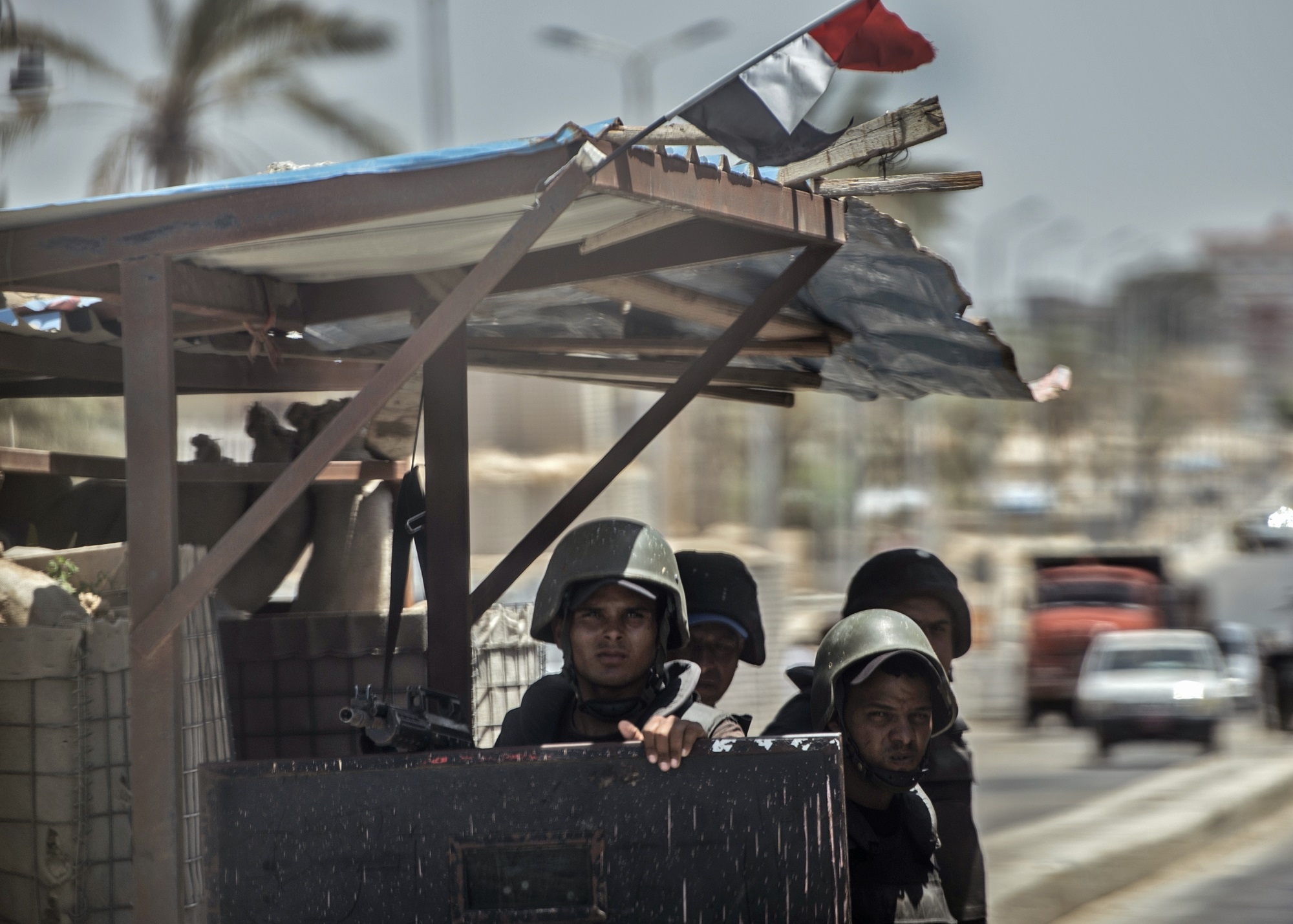Coronavirus: Egypt's army introduces strict measures to control spread among soldiers

The Egyptian military has imposed strict measures in some locations to limit the spread of coronavirus, including banning vacations and isolating soldiers returning from missions, according to a document obtained by Middle East Eye.
The directive, sent out on Thursday, applies to commanders, soldiers and civilian personnel in some towns and neighbourhoods in Monufia, Damietta, Alexandria, Minya and Qena, for the next 15 days. It requires those already on vacation to stay in place.
The document, which describes the measures as "preventative" does not say if there are widespread outbreaks in those areas, but the Egyptian military has already lost two top commanders to Covid-19.
Shafea Dawoud and Khaled Shaltout, the two generals, died after testing positive for the virus.
An Egyptian source told MEE earlier this week that Egyptian President Abdel Fattah el-Sisi and his family spent two weeks in quarantine after coming into contact with Dawoud.
Egyptian analyst Amr Khalifa shared a document similar to the one obtained by MEE on Friday.
According to official figures, Egypt has almost 500 confirmed coronavirus cases and its death toll from the virus stands at 24.
Still, Toronto-based researchers who study infectious diseases have estimated Egypt's real number of infections in mid-March at more than 19,000.
Earlier this week, Egypt expelled a correspondent for the Guardian over citing the Canadian researchers' data.
The Egyptian government has repeatedly been accused by rights groups of silencing independent and foreign media, and of jailing dozens of reporters who publish information deemed critical of Sisi's administration.
Middle East Eye propose une couverture et une analyse indépendantes et incomparables du Moyen-Orient, de l’Afrique du Nord et d’autres régions du monde. Pour en savoir plus sur la reprise de ce contenu et les frais qui s’appliquent, veuillez remplir ce formulaire [en anglais]. Pour en savoir plus sur MEE, cliquez ici [en anglais].




